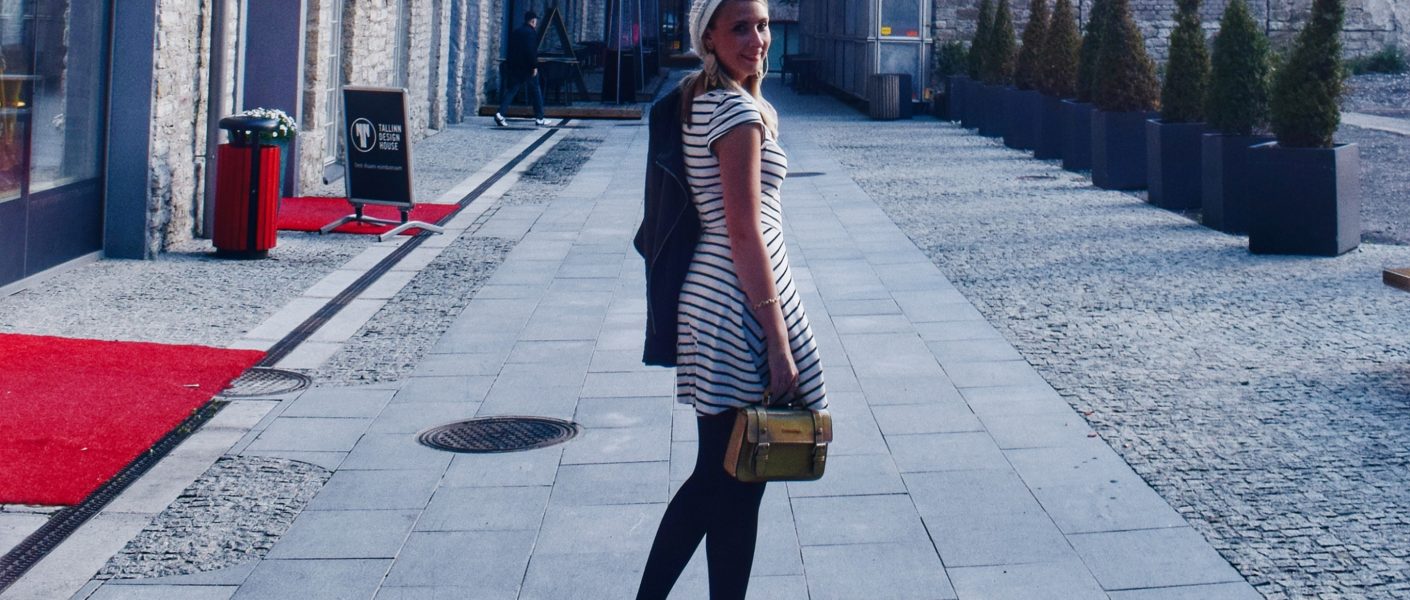- Get clear on your priorities
It’s quite difficult to learn to say No if that is not a priority to you. So, the first step we need is to take a good, deep look into the mirror and inspect who exactly is the priority in our lives. If it turns out that you are not a priority to yourself, it’s time for a reshuffle.
To achieve this we need to look at our core values. Many of us have never spared a thought for what our actual life values are, so this is your invitation to do so. What actually matters to you the most? What is the role of all of the following in your life:
- your health
- family
- personal growth
- responsibility
- freedom, etc?
Once you are aware of the things that have fundamental meaning instead of superficial meaning to you, it’s time to set some goals. Think about the non-negotiables in your life. It could be something as simple as
- taking 30 minutes to yourself every day
- spending 15 minutes a day to practise a new skill
- sitting by the kitchen table until you’ve finished your meal.
If anything or anyone (yes, even your children) try to come in the way of any of this, you say ‘no’. And you stick to it, no matter how cruel it may feel at first. It’s not cruel, it’s necessary for their sake and yours!
- Ensure effective communication
Sticking to the goals you just set for yourself is a lot easier when you can communicate your goal(s) effectively to the people in your life. To learn to say no, you should explain to those people that things are going to be a little bit different going forward.
And here’s the kicker: it’s not just the people around you that you need to communicate effectively with. It’s also you yourself! When the tiny voice at the back of your head says you don’t deserve 30 minutes of your own time, your job is to tell it to shut the fuk up.
To do this, it can be helpful to consider what always consenting to other people’s will over your own does to your physical, emotional, and mental limits. How does always saying ‘yes’ go against your goals and what does it mean in terms of your wellbeing and existing commitments?
If saying ‘yes’ clashes with your commitment to yourself, communicate this
- politely but directly
- use clear and concise language
- don’t give excuses, you don’t owe anyone any explanations for putting yourself first once in a while.
Here are couple examples of such communication style for clarity:
- “I appreciate the offer, but I have other commitments that I need to focus on.”
- “Thank you but I need to prioritize my own time this week.”
The important thing to note here is to use “I” Statements: This helps in expressing your own needs and decisions without having to resort to making excuses.
- Set healthy boundaries
Sometimes clear and effective communication is not enough. Some people are so wrapped up in their own privilege that they simply refuse to see things from other people’s perspective. This is when you need to set clear boundaries.
Setting boundaries can, at first, feel like you’re disrespecting the people around you. But in fact it is the opposite! It’s you showing yourself the respect that you have owed yourself for too long. And if the people around you can’t accept that, then you know that they disrespect you.
In your quest to learn to say No you have already established the goals to prioritise your own wellbeing. By setting healthy boundaries you enable yourself to stick to those goals.
And if there are toxic people around you trying to minimise the importance of all of that, maybe even trying to stop you from sticking to those goals, you must fight back.
If necessary, you can script and prepare responses for common requests to reduce anxiety and better equip yourself.

- When you receive an invitation or a request, stop!
At this point you have already come quite far in your journey to learn to say No. Give yourself a pat on the back and acknowledge this.
And then it’s time to move on to the next hurdle. Learning to say ‘no’ when faced with invitations and requests. When a request or an invitation arrives, immediately take a step back, don’t reply anything yet!
Instead, give yourself time to consider the request. You can soften the blow by first replying:
“Let me check my schedule and get back to you.”
And then ask yourself:
- Is it something that you absolutely have to do or that could benefit you in some way?
- Or is it something that feels forced, that you know will drain you, or something that you simply don’t want to engage in/with at all?
When it comes to invitations we should think about the long-term impact of our decisions on our wellbeing. Nobody else is going to or is able to do this for us. It’s our own responsibility and privilege.
- Embrace discomfort
For honesty’s sake we have to admit that in order to learn to say No, we must learn to endure discomfort. At least at first! Once we learn to prioritise ourselves, the level of discomfort reduces significantly because we know we deserve to be healthy and happy on our own terms.
You can speed up this process by embracing the discomfort. Accept that not everything in life is easy and smooth sailing. And then accept the fact that no matter how awkward some situations may be, awkwardness will not kill you.
The more you say ‘no’ and the clearer you communicate your boundaries, the easier it gets. And when you also stick to your goals, the people around you will automatically start to settle and adjust. Those who don’t will slowly start to fade away; let them!
Be prepared for varying responses, though, and stay firm in your decision. Don’t allow anyone to bully you. If you do, you disrespect yourself. If you feel like some people no longer serve a purpose in your life, it’s totally okay to leave them behind.
As stated, when it comes to your wellbeing, you owe nothing to other people, but you owe everything to yourself.
- Seek professional help
Not everyone has the willpower or the resilience to stick to their goals. Especially if there are people around them who try to sabotage them. In such cases it is completely okay and encouraged to seek help.
Whether that help comes in the shape of talking to people you trust, joining a support group or finding a therapist, it’s all a beautiful favour from you to you.
When you learn to say No you realise that you are worthy of wellbeing and all the help that may be needed.
Final thoughts
Being able to say ‘no’ may not always feel nice but it is crucial for maintaining balance, protecting your health, and fostering self-respect.


